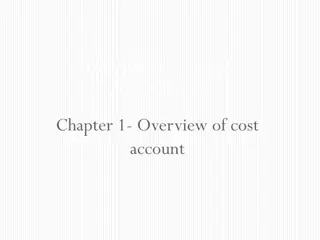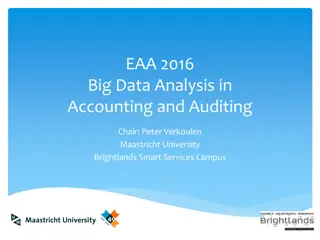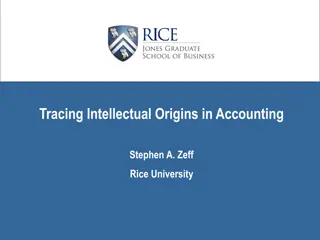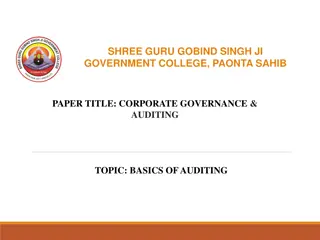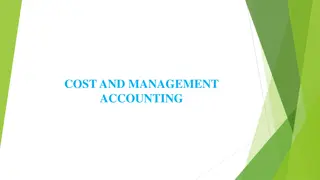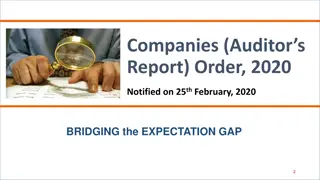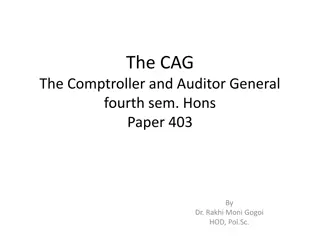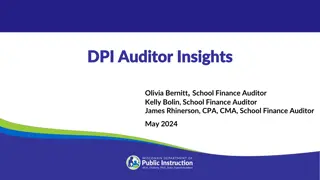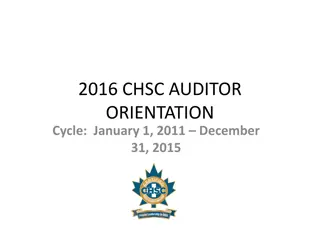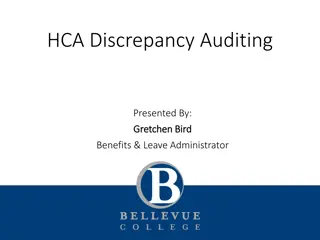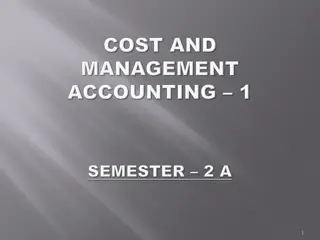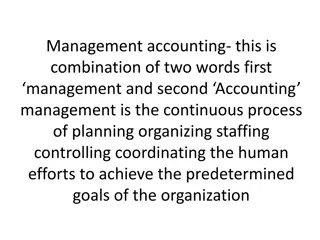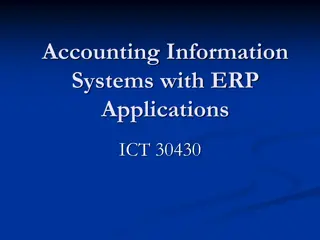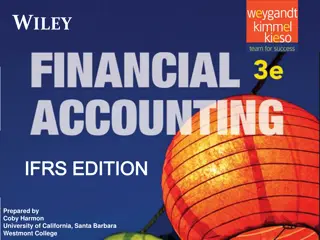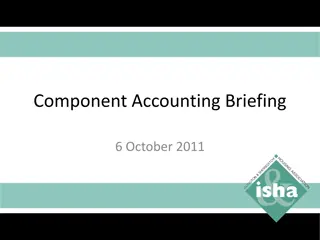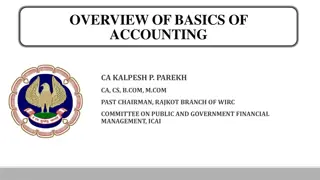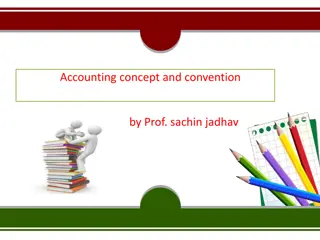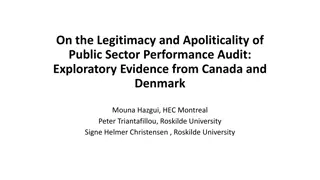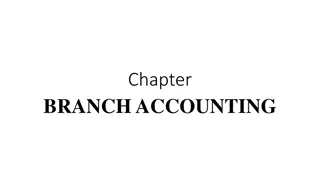Understanding Auditing: Meaning, Differences from Accounting, and Qualities of an Auditor
Auditing involves a systematic examination of financial records to ensure accuracy, while accounting focuses on recording and interpreting financial transactions. Learn about the origins of auditing, key differences from accounting, qualities required in an auditor, and the scope and objectives of auditing in this insightful guide.
Download Presentation

Please find below an Image/Link to download the presentation.
The content on the website is provided AS IS for your information and personal use only. It may not be sold, licensed, or shared on other websites without obtaining consent from the author. Download presentation by click this link. If you encounter any issues during the download, it is possible that the publisher has removed the file from their server.
E N D
Presentation Transcript
JSS COLLEGE OF ARTS,COMMERCE & SCIENCE NANJANGUD - 571301 FROM SHEELA . P Assistant Professor Dept. of Commerce
Meaning, Definition & Origin of Audit Meaning An official inspection of an organization's accounts, typically by an independent body. Audits can't be expected to detect every fraud conduct an official financial inspection of (a company or its accounts). Definition Auditing refers to a systematic examination of books, accounts, documents and vouchers of an organization to ascertain how far the financial statements present a true and fair view of the concern. Origin of Audit The term audit is derived from the Latin term , audire , which means to hear. In old days whenever proprietors suspected a fraud or error, certain people were appointed to hear verbal evidence of transaction. (in barter system)
Differences Between Auditing And Accounting Meaning of Accounting is the act of collecting, recording, analyzing and interpretation of financial transactions but auditing is the act of examination of books of accounts and evidential documents, so as to prove the true and fair view of profitability and financial position. 1. Beginning Of Work of accounting begins when financial transactions take place but work of auditing begins when work of accounting ends. 2. Scope Accounting prepares profit and loss account and balance sheet and other statements as per the instruction of auditor but auditor checks the books of accounts considering their fairness as well as complying with the provision of company act or not. 3. Nature Of Work Accounting keeps the record of financial transactions but auditor checks and verifies the books of accounts 4. Staff An accountant is a staff of an organization and draws the salary from the business but an audi tor is an independent person who is appointed for sped fic period and gets a sum of remuneration. 5. Preparation Of Report An accountant does not prepare report after the completion of his ask but he has to give information to the management when needed but auditor needs to prepare and present report after the completion of his work to the concerned authority. 6. Responsibility An accountant remains responsible to the management but an auditor is responsible to the owners or shareholders. 7.
Qualities required in an Auditor Professionally competent To be honest Knowledge of auditing must be upto date Accounting knowledge Knowledge of various laws Intelligent Preparation of budget Maintain secrecy Patience Statutory qualification Bold and courageous
Scope of Audit. Scope of an audit are Legal Requirements. Entity Aspects. Reliable Information. Proper Communication. Evaluation. Test.
Objectives of Auditing. The objectives of the audit can be categorized into primary objectives subsidiary objectives. Primary Objectives of Audit The main objectives of the audit are known as the primary objectives of the audit. They are as follows: Examining the system of internal check. Checking arithmetical accuracy of books of accounts, verifying posting, casting, balancing, etc. Verifying the authenticity and validity of transactions. Checking the proper distinction between capital and revenue nature of transactions. Confirming the existence and value of assets and liabilities.
Objectives of Auditing Subsidiary Objectives of Audit These are such objectives that are set up to help in attaining primary objectives. They are as follows: Detection and prevention of errors Errors are those mistakes that are committed due to carelessness or negligence or lack of knowledge or without having vested interest. Errors may be committed without or with any vested interest. So, they are to be checked carefully. Errors are of various types. Some of them are: Errors of principle. Errors of omission. Errors of commission. Compensating errors. Detection and prevention of frauds Frauds are those mistakes that are committed knowingly with some vested interest in the direction of top-level management. Management commits frauds to deceive tax, to show the effectiveness of management, to get more commission, to sell a share in the market or to maintain the market price of share, etc. Detection of fraud is the main job of an auditor. Such frauds are as follows: Misappropriation of cash. Misappropriation of goods. Manipulation of accounts or falsification of accounts without any misappropriation.


